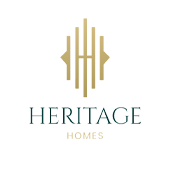The recent move by the Central Bank of Nigeria (CBN) to tighten liquidity by mopping up ₦7.6 trillion through the issuance of open market operations (OMO) bills signals a crucial step in curbing inflation and stabilizing the naira. However, for businesses, this policy means reduced access to credit, as interest rates are likely to rise. Higher borrowing costs can hamper operations, slow down expansion plans, and dampen consumer demand.

For the real estate sector, this could be a double-edged sword. On one hand, higher interest rates may increase mortgage costs, making home ownership more expensive for prospective buyers. Investors looking for short-term returns may also reconsider venturing into real estate if credit becomes more costly and harder to secure. However, on the other hand, this liquidity tightening could curb inflation, stabilizing the purchasing power of potential buyers, and securing long-term value for property investments.

In this climate, investors seeking stable and long-term returns may find real estate, particularly Heritage Homes products, a more resilient investment. Heritage Homes’ focus on secure, fully approved housing developments in strategic growth locations like Lekki which offers peace of mind in an uncertain market. With strong compliance to legal frameworks and attractive models such as luxury apartments and land schemes, Heritage Homes stands out as an excellent investment vehicle, combining security with potential growth, making it a viable option even in challenging economic conditions.

Add a Comment